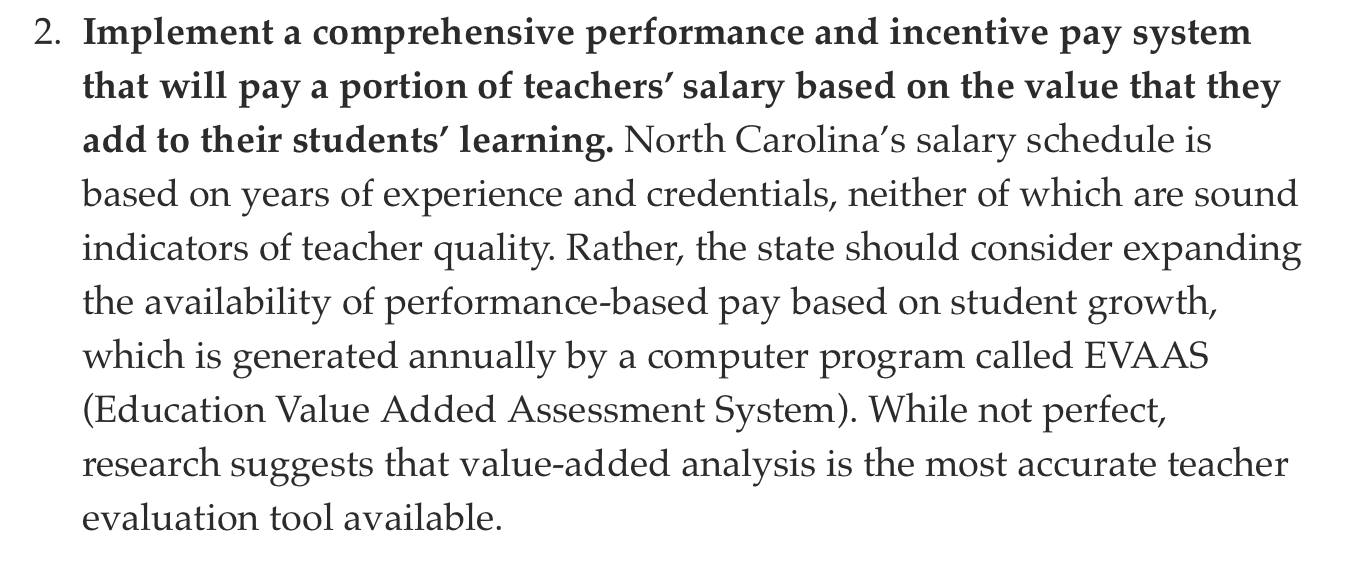Thoughtful piece by syndicated columnist John Hood on the important role that evidence and data should play in making public policy. But Hood rightly points out that human nature can never be discounted when it comes to interpretation of data that does — or doesn’t — comport with one’s view. Expect bias.
It’s easy to endorse evidence-based policymaking when you assume it will reinforce your existing beliefs, and to assume that your adversaries are the ones whose policies will fail the evidentiary test. To varying degrees, we are all prone to such cognitive temptations as selection bias (noticing and remembering information that fits our preconceived notions or personal interests) and confirmation bias (viewing favorable evidence in the best possible light and contrary evidence in the worst).
While it would be reassuring to assume otherwise, it’s demonstrably clear that motivated reasoning is rampant throughout the political discourse. That doesn’t mean we can’t have informed debates. And it doesn’t mean minds are never changed by solid evidence presented persuasively. But there is nothing automatic about it, because human beings are not automatons.
Case in point: the debate over whether teachers with advanced degrees are more effective. Hood continues:
By my count, there have been more than 100 peer-reviewed studies published since 1990 testing the relationship between advanced degrees and teacher effectiveness. More than 80 percent found no link. Of the handful of studies finding a positive association, the graduate degree is question was typically in science or math, which represent a very small percentage of the graduate degrees for which teachers have received pay bumps.
If we were all truly committed to allowing evidence to guide our policy decisions, the decision of the North Carolina General Assembly several years ago to eliminate any new supplements for graduate degrees would be widely acclaimed. Instead, Democratic lawmakers, candidates, and activists — not to mention some of the policy’s key beneficiaries, education schools — have continued to demand the policy’s reinstatement.
There IS an approach to compensating North Carolina teachers that respects ability and effectiveness, as JLF’s Terry Stoops explains in Policy Solutions.



